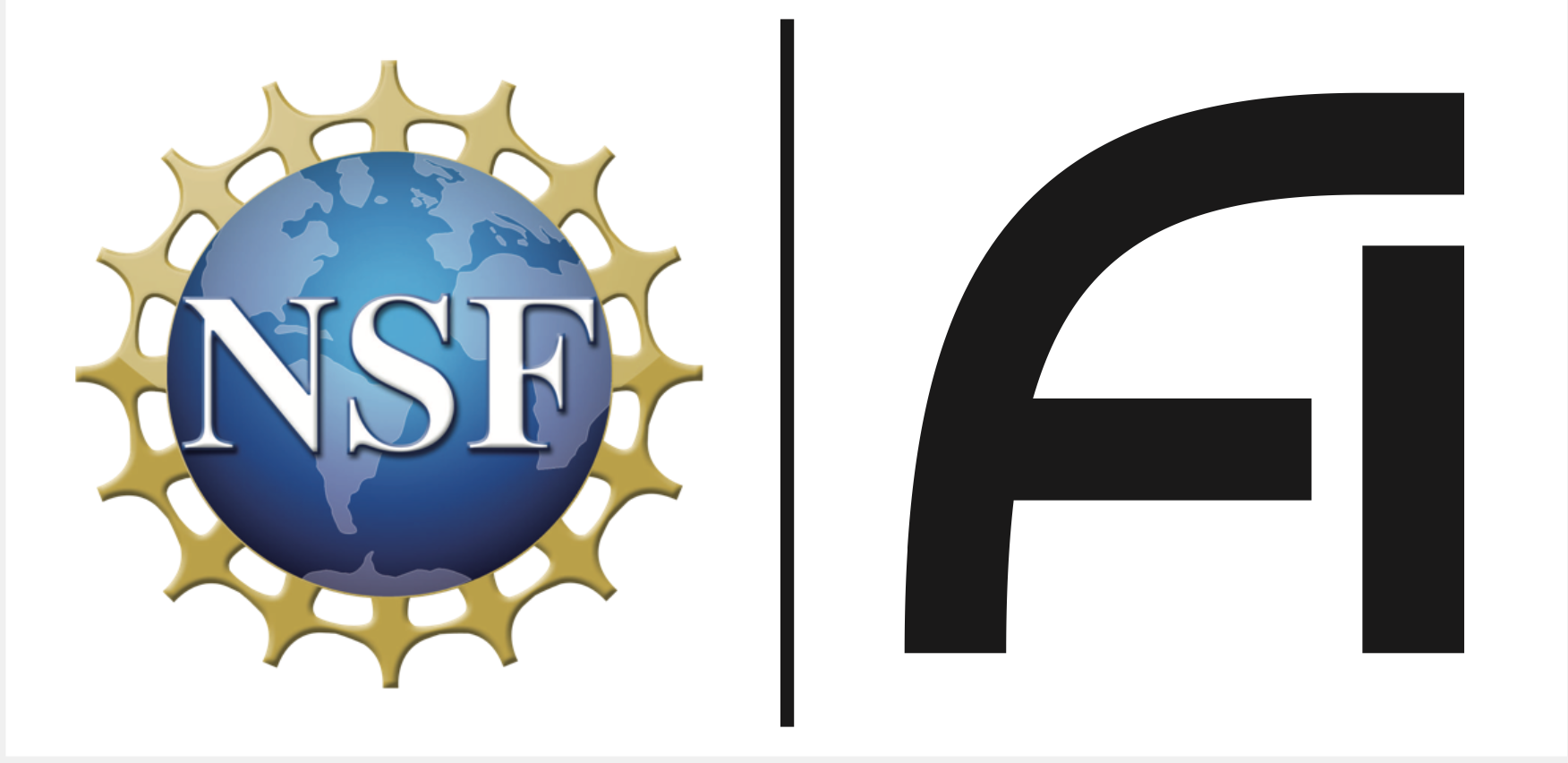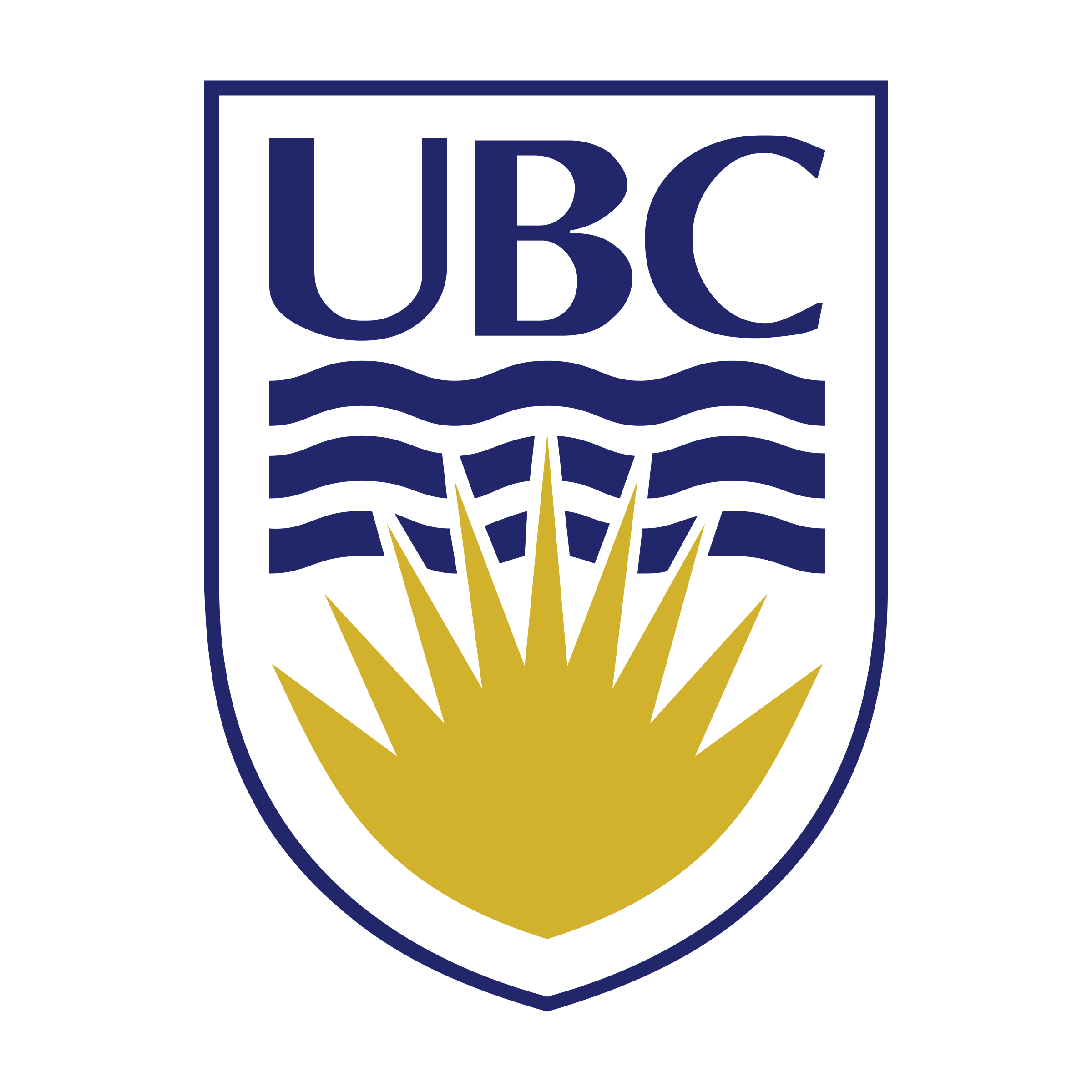Rationale
As modern astrophysical surveys deliver an unprecedented amount of data, from the imaging of billions of distant galaxies to the innermost region of supermassive blackholes, the integration of AI into scientific workflows, which have stringent accuracy requirements, becomes increasingly crucial to exploit the full information content of these datasets. In addition, the multimodal and publicly accessible nature of astronomical data creates a fertile development ground for large scientific models, with applications far beyond astronomy.
Following successful iterations of this workshop at ICML 2022 and ICML 2023, our continued goal for this workshop series is to bring together Machine Learning researchers and domain experts in the field of Astrophysics to discuss key opportunities, create new synergies and help promote the large-scale application of AI for science. We expect this workshop to appeal to ICML audiences as an opportunity to connect their research interests to concrete and outstanding scientific challenges.
We welcome in particular submissions that target or report on the following non-exhaustive list of problems:
- Foundation models for astrophysics and their (potential) impact on discovery
- Integration of LLMs and autonomous agents in scientific workflows
- Efficient high-dimensional Likelihood-based and Simulation-Based Inference
- Robustness to covariate shifts and model misspecification
- Anomaly and outlier detection, search for rare signals with ML
- Methods for model interpretability
- (Astro)-physics informed models, symmetry and equivariance-preserving models
- Deep Learning for accelerating numerical simulations
- Benchmark datasets aligned with any of the above themes
We encourage both submissions on these topics with an astrophysics focus, as well as more methodologically oriented works with potential applications in the physical sciences. Submissions focusing on preliminary work and recent work submitted elsewhere are also welcome.
Program
Note: As a co-located event, registration to ICML 2025 is not required to attend this workshop.
Invited Speakers

Shirley Ho
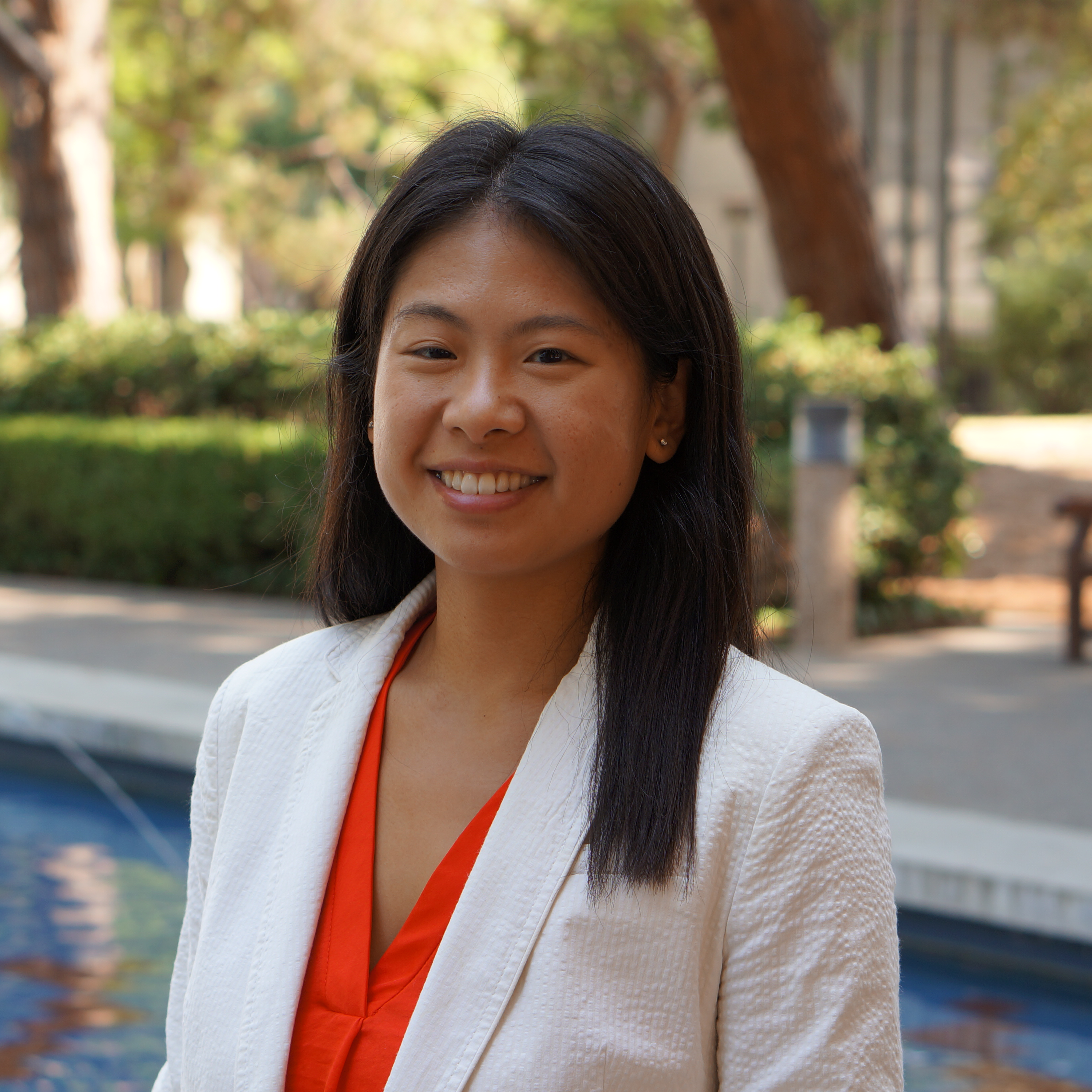
Berthy Feng

Lukas Heinrich
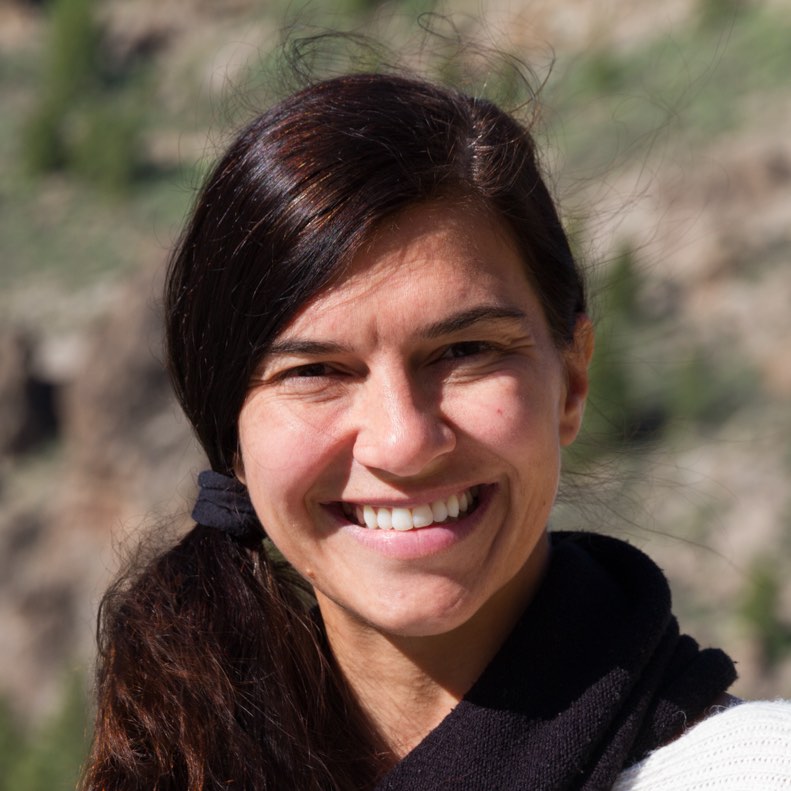
Annalisa Pillepich
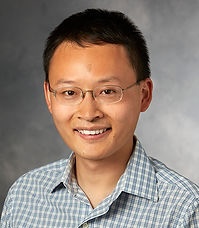
James Zou
Invited Panelists
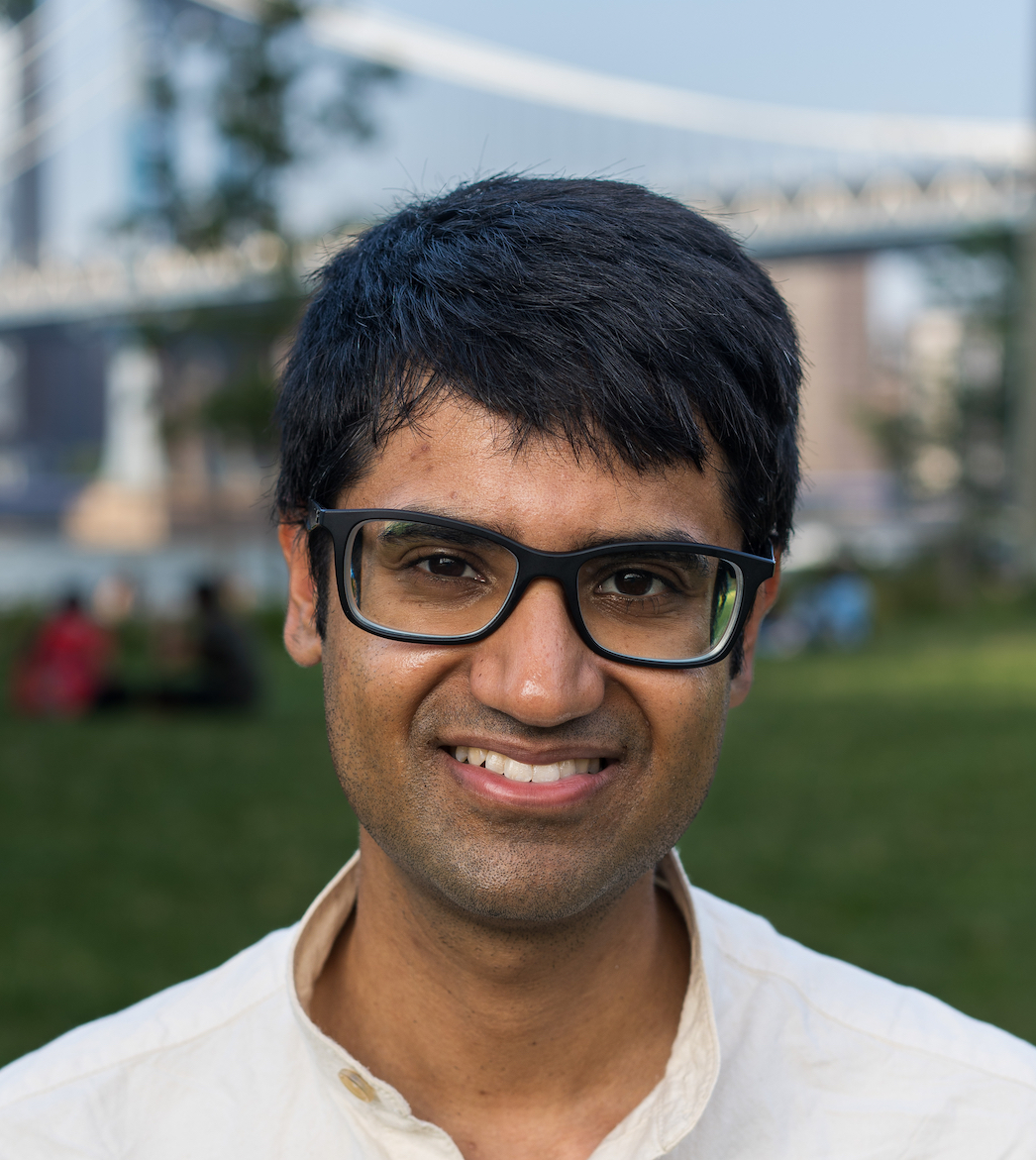
Siddharth Mishra-Sharma
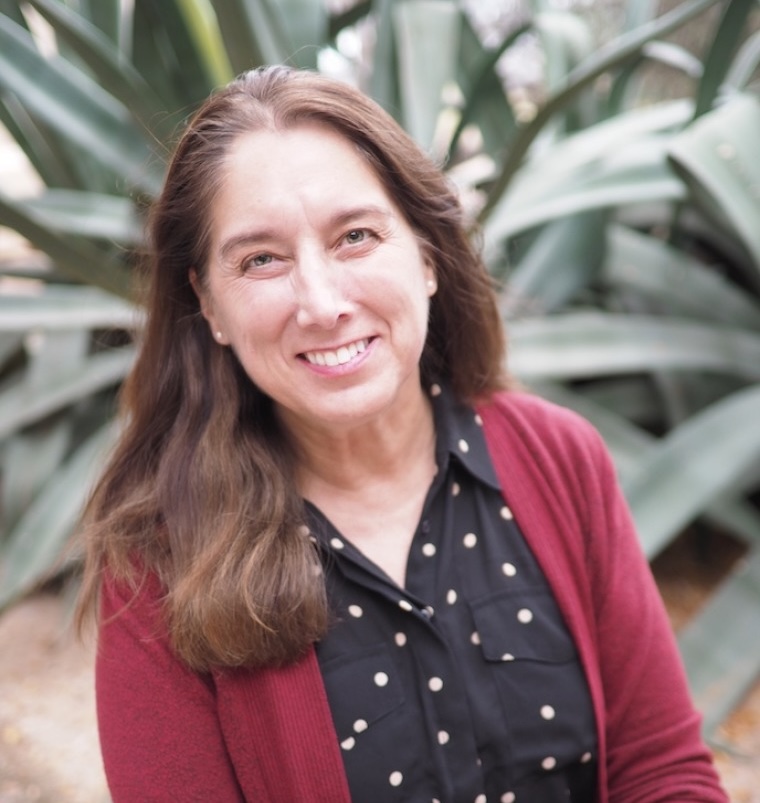
Ann Zabludoff
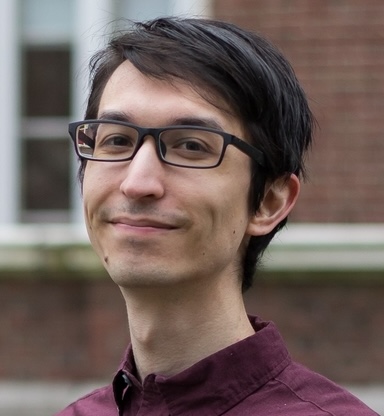
Joshua Speagle (沈佳士)

Lukas Heinrich
Workshop Schedule
All times below are in Pacific Daylight Time.
| Introduction | Welcome and Opening Remarks | |
| Keynote | Annalisa Pillepich | |
| Spotlight | Bonny Wang: Set-based Implicit Likelihood Inference of Galaxy Cluster Mass | |
| Spotlight | Aizhan Akhmetzhanova: Detecting Model Misspecification in Cosmology with Scale-Dependent Normalizing Flows | |
| Break | Morning Coffee Break | |
| Keynote | Shirley Ho | |
| Panel Discussion | Building and Maintaining Successful Interdisciplinary Partnerships to Advance AI for Scientific Research Panelists: Siddharth Mishra-Sharma, Ann Zabludoff, Joshua S. Speagle, Lukas Heinrich |
|
| Poster Session | Main Poster Session | |
| Break | Lunch Break | |
| Keynote | Lukas Heinrich | |
| Keynote | James Zou | Spotlight | Xueqing Xu: Evaluating Retrieval-Augmented Generation Agents for Autonomous Scientific Discovery in Astrophysics |
| Spotlight | Xiaosheng Zhao: Finetuning Stellar Spectra Foundation Models with LoRA | |
| Break | Afternoon Coffee Break | |
| Spotlight | Yunyi Shen: Mixture-of-Expert Variational Autoencoders for Cross-Modality Embedding of Type Ia Supernova Data | |
| Spotlight | Anirudh Kotamraju: ComptonINR: Implicit Neural Representations for Fast Modeling of Compton Telescope Point Spread Functions | |
| Keynote | Berthy Feng | |
| Poster Session | Secondary Poster Session |
Accepted Contributions
| Causal Evidence for the Primordiality of Colors in Trans-Neptunian Objects | Benjamin L. Davis*; Mohamad Ali-Dib*; Yujia Zheng*; Zehao Jin*; Kun Zhang; Andrea Valerio Macciò |
|---|---|
| Emulating Dark Matter Halo Merger Trees with Graph Generative Models | Tri Nguyen*; Chirag Modi; Siddharth Mishra-Sharma; L. Y. Aaron Yung; Rachel Somerville |
| DESA - a Multi-Modal approach for Stellar Astrophysics | Ilay Kamai*; Alex M. Bronstein; Hagai B. Perets |
| Differentiable Stellar Atmospheres with Physics-Informed Neural Networks | Jiadong Li*; Mingjie Jian*; Yuan-Sen Ting*; Gregory M. Green |
| Causal Discovery of Latent Variables in Galactic Archaeology | Zehao Jin*; Yuxi(Lucy) Lu*; Yuan-Sen Ting; Yujia Zheng; Tobias Buck |
| AstroSage: Leading Performance in Astronomy Q&A with a 70B-Parameter Domain-Specialized Model | Tijmen de Haan*; Yuan-Sen Ting; Tirthankar Ghosal; Tuan Dung Nguyen; Alberto Accomazzi; Emily Herron; Vanessa Lama; Rui Pan; Azton Wells; Nesar Ramachandra |
| Physics-Guided Symbolic Regression through Recursive Structure Discovery | Wassim Tenachi*; Rodrigo Ibata*; Alejandro Miguel Illescas Giménez*; Yashar Hezaveh; Laurence Perreault Levasseur; Pierre-Luc Bacon |
| Simulation-Efficient Cosmological Inference with Multi-Fidelity SBI | Leander Thiele*; Adrian E. Bayer; Naoya Takeishi |
| Teaching LLMs to Speak Spectroscopy | Nesar Ramachandra*; Yuan-Sen Ting; Zechang Sun; Azton Wells; Salman Habib |
| BaryonBridge: Stochastic Interpolant Model for Fast Hydrodynamical Simulations | Benjamin Horowitz*; Carolina Cuesta-Lazaro; Omar Yehia |
| IrisML: Neural Posterior Estimation for the Spectral Energy Distribution fitting | Mateusz Kapusta* |
| Finetuning Stellar Spectra Foundation Models with LoRA | Xiaosheng Zhao*; Yuan-Sen Ting; Alexander S. Szalay; Yang Huang |
| Scaling Laws for Transformer-Based Stellar Spectral Emulation | Tomasz Różański*; Yuan-Sen Ting |
| Degeneracy-Aware Pulsar Parameter Estimation from Light Curves via Deep Learning and Test-Time Optimization | Abu Bucker Siddik*; Diane Oyen; Soumi De; Greg Olmschenk; Constantinos Kalapotharakos |
| VADER: A Variational Autoencoder to Infer Planetary Masses and Gas-Dust Disk Properties Around Young Stars | Sayed Shafaat Mahmud*; Sayantan Auddy; Neal Turner; Jeffrey S. Bary |
| A COMPASS to Model Comparison and Simulation-Based Inference in Galactic Chemical Evolution | Berkay Günes*; Sven Buder; Tobias Buck |
| Causal Foundation Models: Disentangling Physics from Instrument Properties | Daniel Muthukrishna*; Jeroen Audenaert*; Paul F. Gregory; David W. Hogg; V. Ashley Villar |
| ResearchBench: Evaluating AI Agents on End-To-End Astrophysics Research Paper Replication | Christine Ye*; Sihan Yuan; Suchetha Cooray; Steven Dillmann; Ian L. V. Roque; Dalya Baron; Philipp Frank; Sergio Martin-Alvarez; Nolan Koblischke; Frank J. Qu; Diyi Yang; Risa Wechsler; Ioana Ciucǎ |
| Fisher Score Matching for Simulation-Based Forecasting and Inference | Ce Sui*; Shivam Pandey; Benjamin D. Wandelt |
| Mixture-of-Expert Variational Autoencoders for Cross-Modality Embedding of Type Ia Supernova Data | Yunyi Shen*; Alexander T. Gagliano* |
| Detecting Model Misspecification in Cosmology with Scale-Dependent Normalizing Flows | Aizhan Akhmetzhanova*; Carolina Cuesta-Lazaro; Siddharth Mishra-Sharma |
| Blind Strong Gravitational Lensing Inversion: Joint Inference of Source and Lens Mass with Score-Based Models | Gabriel Missael Barco*; Ronan Legin; Connor Stone; Yashar Hezaveh; Laurence Perreault-Levasseur |
| Joint Modeling of Quasar Variability and Accretion Disk Reprocessing using Latent Stochastic Differential Equations | Joshua Fagin*; James Hung-Hsu Chan; Henry Best; Matthew O’Dowd; K. E. Saavik Ford; Matthew J. Graham; Ji Won Park; V. Ashley Villar |
| Predicting the Subhalo Mass Functions in Simulations from Galaxy Images | Andreas Filipp*; Tri Nguyen; Laurence Perreault-Levasseur; Jonah Rose; Chris Lovell; Nicloas Payot; Francisco Villaescusa-Navarro; Yashar Hezaveh |
| CosmoFlow: Scale-Aware Representation Learning for Cosmology with Flow Matching | Sidharth Kannan*; Tian Qiu; Carolina Cuesta-Lazaro; Haewon Jeong |
| Simulation-Based Pretraining and Domain Adaptation for Astronomical Time Series Tasks with Minimal Labeled Data | Rithwik Gupta*; Daniel Muthukrishna; Jeroen Audenaert |
| Open Source Planning & Control System with Language Agents for Autonomous Scientific Discovery | Licong Xu; Milind Sarkar; Anto I. Lonappan; Íñigo Zubeldia; Pablo Villanueva-Domingo; Santiago Casas; Christian Fidler; Chetana Amancharla; Ujjwal Tiwari; Adrian Bayer; Chadi Ait Ekioui; Miles Cranmer; Adrian Dimitrov; James Fergusson; Kahaan Gandhi; Sven Krippendorf; Andrew Laverick; Julien Lesgourgues; Antony Lewis; Thomas Meier; Blake Sherwin; Kristen Surrao; Francisco Villaescusa-Navarro; Chi Wang; Xueqing Xu; Boris Bolliet* |
| Transfer Learning for Transient Classification: From Simulations to Real Data and ZTF to LSST | Rithwik Gupta*; Daniel Muthukrishna; Nabeel Rehemtulla; Ved Shah |
| ComptonINR: Implicit Neural Representations for Fast Modeling of Compton Telescope Point Spread Functions | Anirudh Kotamraju*; Andreas Zoglauer |
| Image-Based Multi-Survey Classification of Light Curves with a Pre-Trained Vision Transformer | Daniel Moreno-Cartagena*; Guillermo Cabrera-Vives; Alejandra M. Muñoz Arancibia; Pavlos Protopapas; Francisco Förster; Márcio Catelan; A. Bayo; Pablo A. Estévez; P. Sánchez-Sáez; Franz E. Bauer; M. Pavez-Herrera; L. Hernández-García; Gonzalo Rojas |
| Addressing Misspecified Physical Models: Correcting Underspecified Lens Convergence Models via Data-Driven Updates | Nicolas Payot*; Gabriel Missael Barco; Laurence Perreault-Levasseur; Yashar Hezaveh |
| Pokie: Posterior Accuracy and Model Comparison | Sammy Sharief*; Justine Zeghal; Gabriel Missael Barco; Pablo Lemos; Yashar Hezaveh; Laurence Perreault-Levasseur |
| Bridging Simulators with Conditional Optimal Transport | Justine Zeghal*; Benjamin Remy; Yashar Hezaveh; François Lanusse; Laurence Perreault-Levasseur |
| Astro-MoE: Mixture of Experts for Multiband Astronomical Time Series | Martina Cádiz-Leyton*; Guillermo Cabrera-Vives; Pavlos Protopapas; Daniel Moreno-Cartagena; Ignacio Becker |
| Evaluating Retrieval-Augmented Generation Agents for Autonomous Scientific Discovery in Astrophysics | Xueqing Xu*; Boris Bolliet*; Adrian Dimitrov*; Andrew Laverick; Francisco Villaescusa-Navarro; Licong Xu; Íñigo Zubeldia |
| Learning Representations of Event Time Series with Sparse Autoencoders for Anomaly Detection, Similarity Search, and Unsupervised Classification | Steven Dillmann*; Juan Rafael Martínez-Galarza |
| Set-based Implicit Likelihood Inference of Galaxy Cluster Mass | Bonny Y. Wang*; Leander Thiele |
| A Fast Generative Framework for High-dimensional Posterior Sampling: Application to CMB Delensing | Mohammad-Hadi Sotoudeh*; Pablo Lemos; Laurence Perreault-Levasseur |
Call for Abstracts
Important Dates
Abstract Submission Deadline: June 9th (23:59, AoE)Notification Deadline: June 28thCamera-Ready Paper Deadline: July 14th (23:59, AoE)- Workshop Date: July 20th (ICML, Vancouver)
Submission Guidelines
- Submissions should be in the form of extended abstracts (2-4 pages) following the ICML 2025 format.
- Submissions should clearly articulate the connection between machine learning and astrophysics
- Work that has been recently published at other venues is eligible for submission, provided it is clearly indicated
- Submissions will be reviewed by our program committee based on their technical quality, clarity, and relevance to the workshop
Submission Process
The submission portal is now closed.
Registration
Registration for the workshop is now closed. If you have registered, we hope to see you in Vancouver!
Venue
ML4Astro 2025 will be held in the Victoria Learning Theatre, Room 182 in the Irving K. Barber Learning Centre.
Accessibility: the Victoria Learning Theatre is on the ground floor of the IBLC building, down a half flight of stairs. There is a mobility-accessible entrance on East Mall. Accessible and gender-inclusive single stall washrooms are located on levels 1, 3, and 4. See IBLC’s access guide for more details.
Getting There
Public transit:
- Routes from downtown Vancouver: Bus lines 004, 014, 044, and 084 each run every 12-15 minutes from various departure locations downtown. You can also take the metro (use the Canada Line) to an express bus (099 or R4). Metro trains and express busses arrive every ~5 minutes.
- Paying: At Skytrain stations and on buses, you can pay easily with your contactless credit or debit card as well as with Apple Pay, Google Pay, and Samsung Pay.
- Route planning: Google Maps is up to date with Vancouver’s public transit network and can reliably be used to work out your route. Vancouver’s Skytrains and buses have automated audible and visual bus stop announcements onboard.
- Cost: UBC and downtown Vancouver are in the same zone (Zone 1), total fare each way is $3.35 CAD.
Taxi/Rideshare: Lyft and Uber are available in Vancouver. Due to ongoing construction, it is best to direct your driver to drop you off at the Robert. H Lee Alumni Centre - 6163 University Boulevard. From there, the Irving K. Barber Learning Centre is a 5 min walk. Cost: ~$40 each way.
Parking: The closest parking is the North Parkade - 6115 Student Union Boulevard. Cost: $20 CAD for the day.
Lunch Options
- Coffee and snacks will be provided at the start of the meeting and for the morning and afternoon breaks, but attendees will need to bring or procure their own lunch.
- There are many options a short walk away from Irving K. Barber along University Blvd, including within the student centre (the “Nest”).
- See UBC’s list of restaurants and food courts for ideas.
Lodging
The West Coast Suites is the best place to stay close to ML4Astro and is steps away from the venue. For those looking to stay downtown, the Sylvia Hotel is close to Stanley Park and a great value.
Volunteering as a Reviewer
Thank you to all who have volunteered to serve as a reviewer! The review process has now completed and accepted abstracts have been announced.
SOC
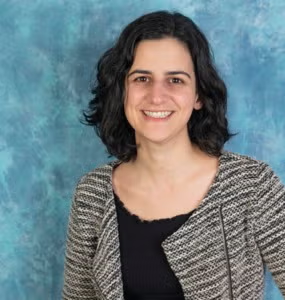
Carolina Cuesta-Lazaro
MIT/IAIFI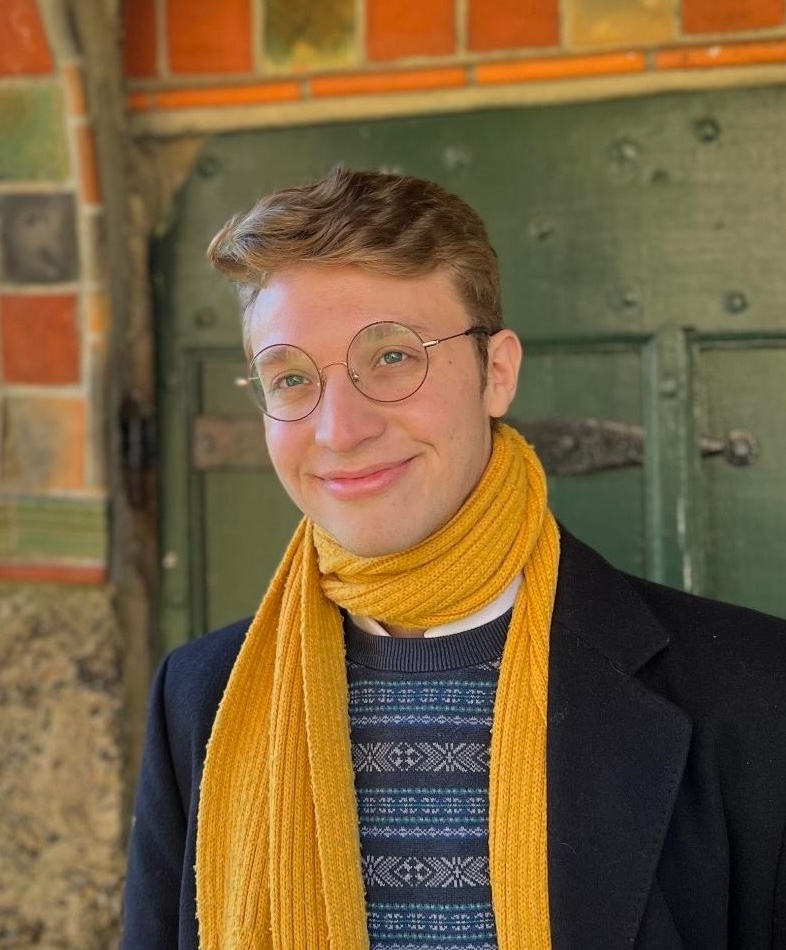
Alex Gagliano
MIT/IAIFI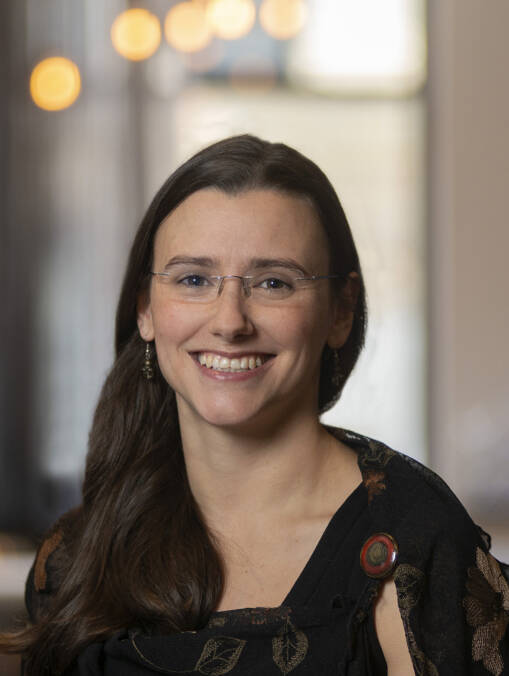
Laurence Perreault-Levasseur
University of Montreal
Francois Lanusse
CNRS
Marc Huertas-Company
IAC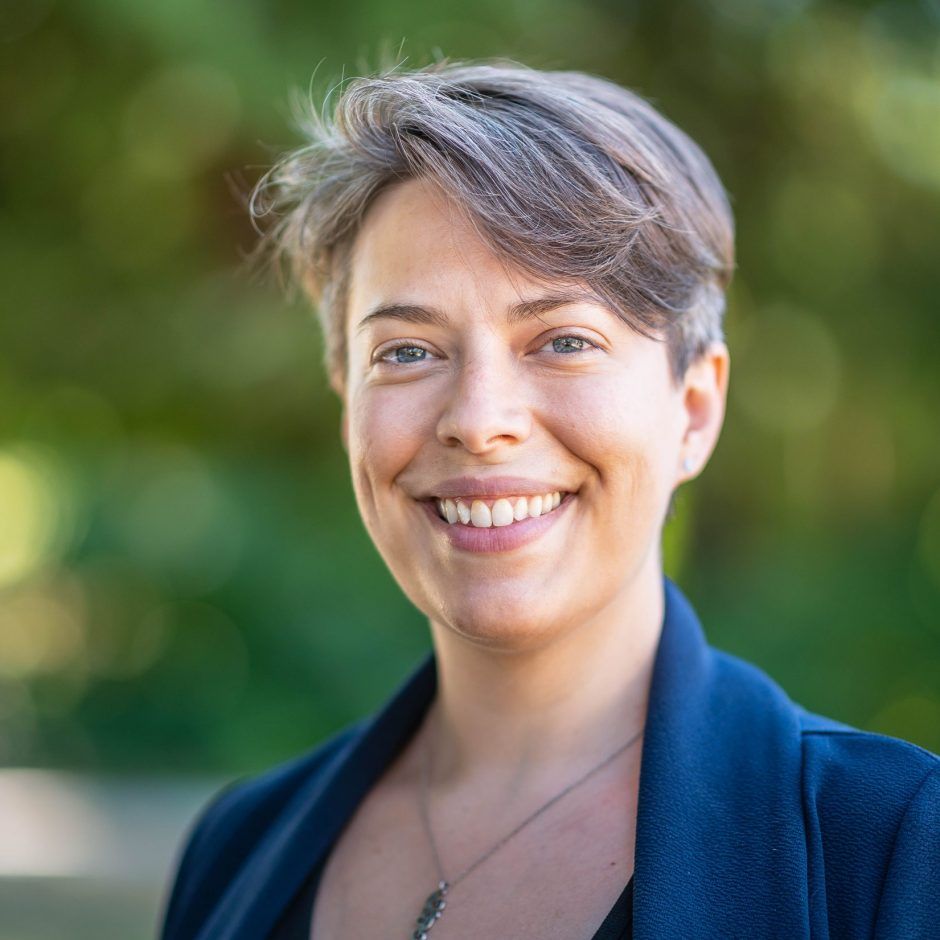
Jess McIver
UBC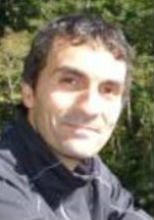
Sebastien Fabbro
University of Victoria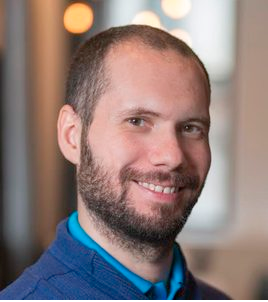
Francisco Villaescusa-Navarro
Simons Foundation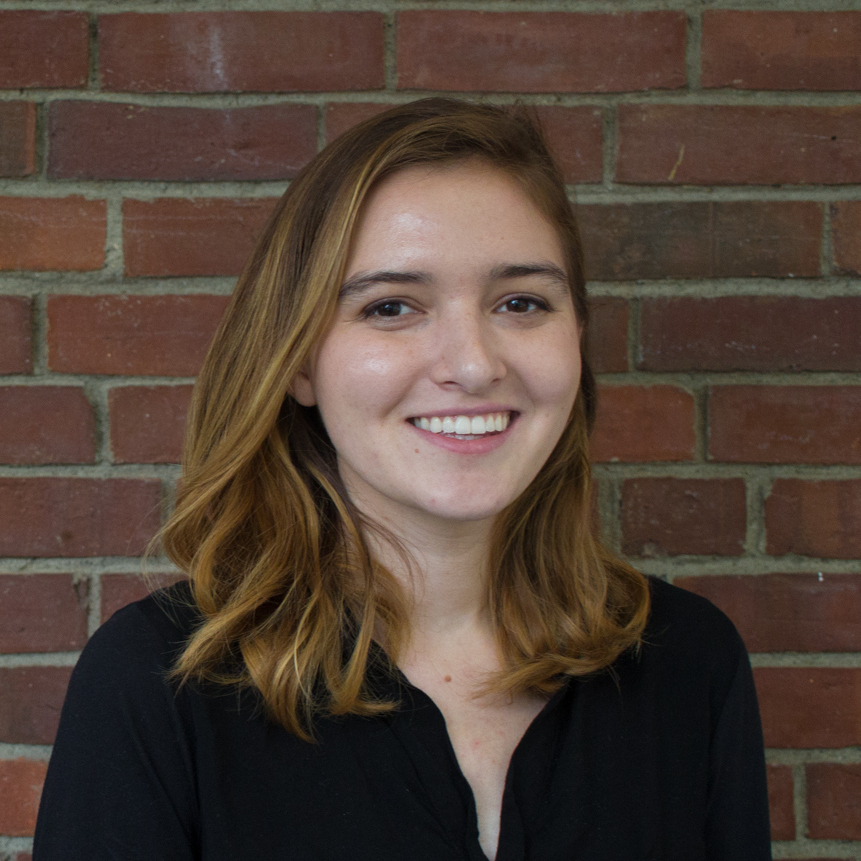
Ashley Villar
Harvard University
Contact Us
For any questions, please send an email to ml4astro2025[at]gmail.com.
Sponsors
We are grateful for the support from our sponsors.
